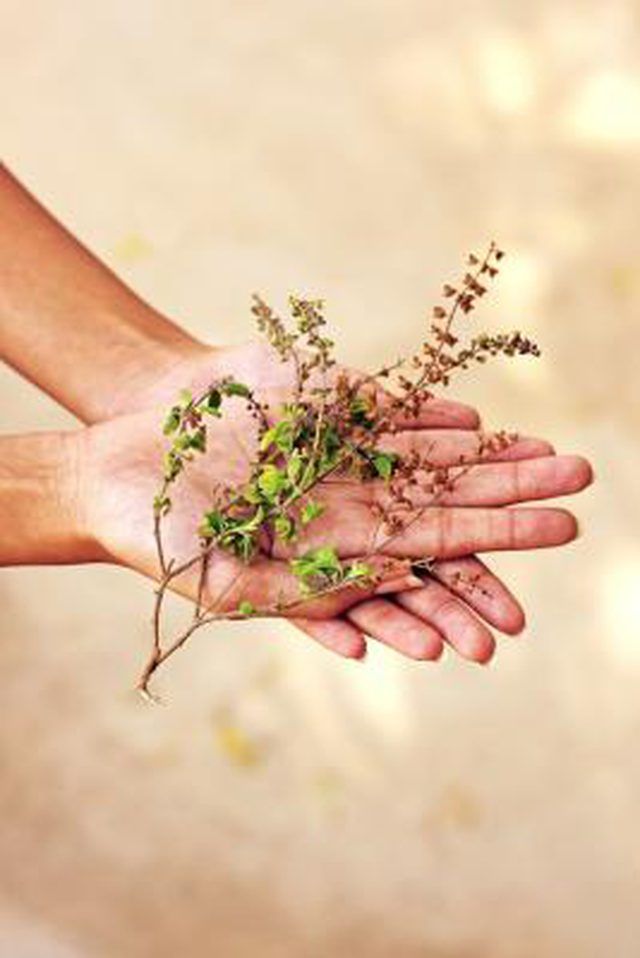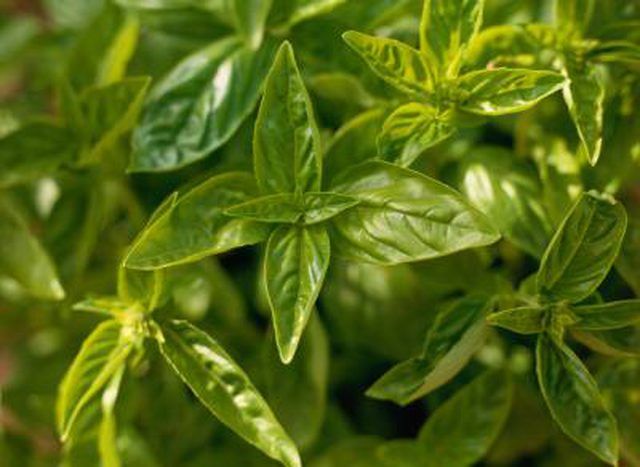Bulbs
Flower Basics
Flower Beds & Specialty Gardens
Flower Garden
Garden Furniture
Garden Gnomes
Garden Seeds
Garden Sheds
Garden Statues
Garden Tools & Supplies
Gardening Basics
Green & Organic
Groundcovers & Vines
Growing Annuals
Growing Basil
Growing Beans
Growing Berries
Growing Blueberries
Growing Cactus
Growing Corn
Growing Cotton
Growing Edibles
Growing Flowers
Growing Garlic
Growing Grapes
Growing Grass
Growing Herbs
Growing Jasmine
Growing Mint
Growing Mushrooms
Orchids
Growing Peanuts
Growing Perennials
Growing Plants
Growing Rosemary
Growing Roses
Growing Strawberries
Growing Sunflowers
Growing Thyme
Growing Tomatoes
Growing Tulips
Growing Vegetables
Herb Basics
Herb Garden
Indoor Growing
Landscaping Basics
Landscaping Patios
Landscaping Plants
Landscaping Shrubs
Landscaping Trees
Landscaping Walks & Pathways
Lawn Basics
Lawn Maintenance
Lawn Mowers
Lawn Ornaments
Lawn Planting
Lawn Tools
Outdoor Growing
Overall Landscape Planning
Pests, Weeds & Problems
Plant Basics
Rock Garden
Rose Garden
Shrubs
Soil
Specialty Gardens
Trees
Vegetable Garden
Yard Maintenance
Information About the Tulsi Plant
Information About the Tulsi Plant. Ocimum sanctum, know commonly as tulsi, is also known as "holy basil" or "sacred basil". This plant is often grown in Hindu homes for its medical and spiritual properties.
Ocimum sanctum, know commonly as tulsi, is also known as "holy basil" or "sacred basil". This plant is often grown in Hindu homes for its medical and spiritual properties.

Tulsi has been used in India, China and the Middle East for thousands of years. It became known as "sacred" or "holy basil" after it was introduced to European Christians.

There are three different strains of tulsi. Rama tulsi has green leaves, Krishna tulsi has purple leaves, and the third, Vana tulsi, is a wild variety. There is a great deal of variety in the size and coloring of these plants depending upon geography, rainfall and plant type.

Tulsi is used in Ayurvedic medicine as an adaptogen. Claims have been made that the herb helps people adapt to stress and is used to restore balance within bodily systems. Tulsi has been used to treat colds, stomach problems, and headaches, among other uses. It is usually ingested as a tea or dried powder.
